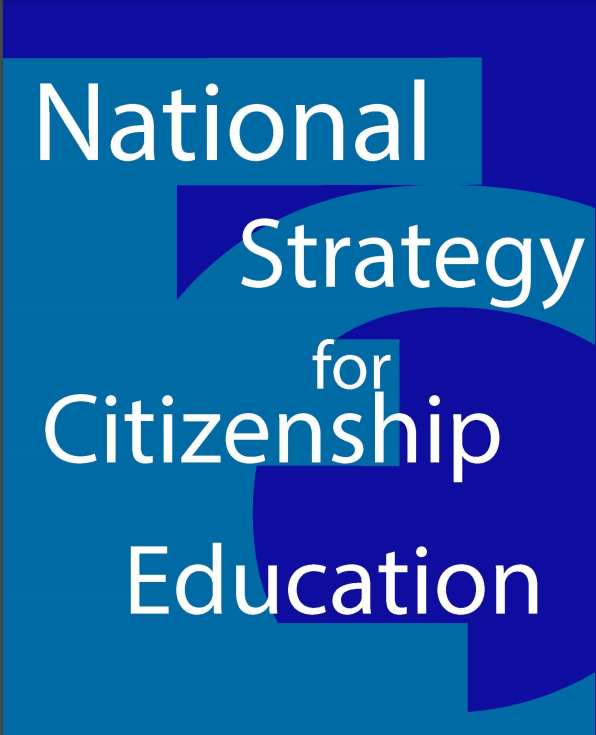Why is it relevant to adopt a Whole-School approach?
Why is it relevant to adopt a Whole-School approach?
A gender-sensitive pedagogical approach in STEM education should not be confined to STEM teaching practices (in an individualised way) or to the disciplinary and curricular dimensions. It requires a holistic approach that enables the management of the entire educational and school functioning universe to align with and embrace the principles of gender equality and non-violence.
“The planning and implementation of science education activities within institutions does not take place in a vacuum. Science educators, whether they work in schools, science centres, research institutions, or industry, carry out their planning and implementation work within a complex environment that constrains and conditions their work in a variety of ways. This means that the science education programmes that take place in these settings are the results not only of the careful planning and implementation of the science educators, but also of the various constraints and conditions that influence their work (Achiam & Marandino, 2014). Clearly, the masculine gendering of science education… can be an unintended outcome of these influences” (Achiam & Holmegaard, 2015: 14).
Considering that gender-sensitive pedagogy teaching is a mission for the entire school, the implementation of concrete practices should follow a Whole-School Approach, also recommended at EU level (EC, 2023). The Whole-School Approach is based on the following principles, as defined by Monteiro, et al. (2017: 6):
“It stems from sustained practices over time rather than mere isolated interventions.
It is integrated into the curriculum, in both instructional and non-instructional activities, in the daily practices of school life and its connection with the community.
It is based on educational practices that promote inclusion.
It relies on the continuous professional development of teachers.
It involves students in active methodologies and provides opportunities for the development of personal and social skills.
It is integrated into the policies and practices of a democratic school, engaging the entire school community.
It promotes individual and collective well-being and health.
It involves working in partnership with families and communities.
It is aligned with the specific needs of students and the priorities of the educational community.
It is supported by monitoring and evaluation to ensure effectiveness and participation.” (Monteiro et al., 2017).


There are no comments for now.
